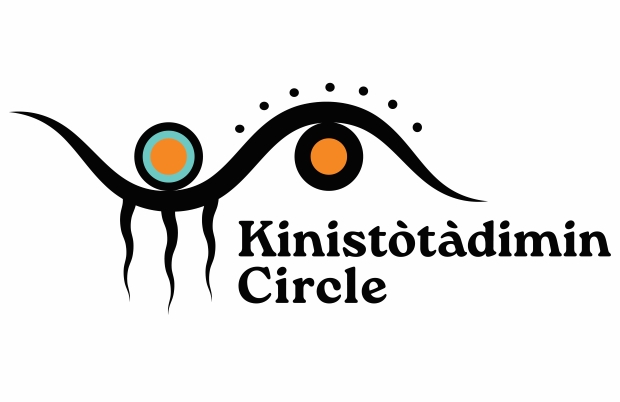Our thanks to all the members and collaborators of the Kinistòtàdimin Circle who worked on the strategic plan and participated in the implementation of numerous initiatives, enabling us to take another step towards the decolonization of social work.

Kinistòtàdimin Circle
History of Kinistòtàdimin Circle
In this context, in September 2018, reflections began within the School of Social Work (SSW) to Indigenize and decolonize its structures and programs. Much of the process initiated has been based on the need to acknowledge the harm caused by the hegemony of Eurocentrism in university education and social work practice. The process is rooted in the need to recognize and include treaties, cultural resurgence, and Indigenous traditional knowledge, to respect Indigenous worldviews, and to highlight territory-based competencies in the SSW education, research, and intervention.
In December 2018, a first meeting was held, bringing together Anishinabeg-Algonquin members of the Kitigan Zibi community, as well as the SSW administration, professors, and an internship and field education coordinator.
A Circle of consultation, composed of Indigenous actors and non-Indigenous allies, was then created. After discussions with a fluent Anishinaabemowin speaker in Kitigan Zibi, Gilbert W. Whiteduck proposed the name Kinistòtàdimin for the Circle, which means 'we understand each other'. This name communicates an aspiration: to strive to better understand one another. It also communicates a responsibility: to always work towards a better understanding, and in a spirit of understanding.
All members of this Circle are driven by the duty to do better, to reflect on the vectors of change in need of advocacy, and to act for a greater recognition of Indigenous knowledges and practices in education, training and social intervention. In the beginning, exchanges were less about the logistics of transforming the SSW programs, than about the development of relationships with the Indigenous representatives of the Circle. The majority of initial meetings were informal dialogues and friendly exchanges related to the personal and professional histories of each person. A strategic plan composed of 10 priority actions was then created and guided the implementation of various projects.
Since then, a relationship of reciprocity and trust continues to be defined and rooted, not in a linear perspective, but in an iterative and circular process that requires questioning, a dialogue of respect and openness, missteps, listening, starting over and goodwill.
Circle meetings are held once a month.

National Day of Truth and Reconciliation

Microprogram in Development of Indigenous Family-Childhood Services
Microprogram in Development of Indigenous Family-Childhood Services – Foundations for Practice
A unique program that provides Indigenous and non-Indigenous learners with the basic skills and expertise to support the development of child and family laws and services in Indigenous communities and organizations. The program is intended to support communities as they implement actions related to the Act respecting First Nations, Inuit and Métis children, youth and families (hereinafter "Bill C-92").